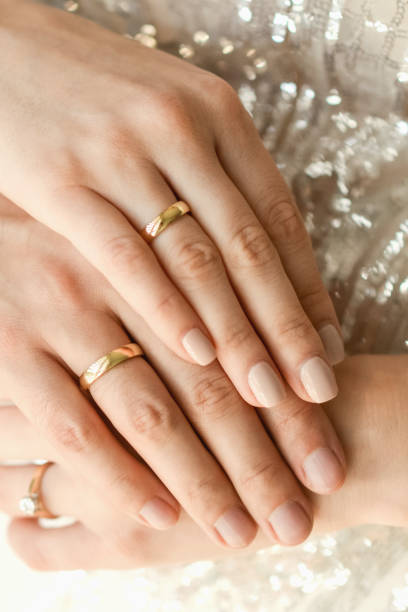If you have a wedding or engagement ring in your sights, then you might have wondered about the different metals.
We will shortly discuss the most popular metals for engagement and wedding rings.
Firstly, we will look at the difference between 9kt and 18kt gold. 9kt gold is 37.5% pure gold and the other 62.5% is made up of alloys. 18kt gold is 75% pure gold and only 25% alloys.The term ‘alloy’ refers to a mixture of metals. The reason for adding alloys is that gold is very pliable and the alloys strengthen the gold to be able to make jewellery with it. If it were not for the alloys, your gold jewellery would bend and deform even with the slightest pressure
 Now we get to the different types of gold: White Gold, Rose Gold, and Yellow Gold.
Now we get to the different types of gold: White Gold, Rose Gold, and Yellow Gold.
Yellow Gold is quite common, and as the name suggests, is yellow or gold in colour. 9kt yellow gold has a slightly different colour to 18kt yellow gold and again this is because of the alloys. The colour can range from being a slightly more pale yellow to being slightly more brown/orange. This all depends on the amount of copper and silver used to create the 9kt yellow gold alloy.
White gold is an interesting metal. It gets its white colour from the silver content in the alloys and also Palladium, which is a naturally white metal. 9kt White gold is technically a bit softer than 18kt white gold and this is just because of the silver content. Silver is a very soft metal which would affect the integrity of the ring. However this is only a technical point. A 9kt white gold ring would not perform any worse than 18kt white gold with normal use or wearing of the ring.
Rose gold gets its colour from the copper content in the 9kt or 18kt alloy. 9kt rose gold obviously has a higher percentage of alloys added, which means the colour can be stronger and the metal tends to be harder. This is less technical and a more practical point of interest. Because of the rigidity of the 9kt rose gold, caused by the high copper content, repairing the piece of jewelry becomes a bit tricky. 9kt rose gold behaves differently to white or yellow gold under the high temperatures used to make repairs and is prone to cracking. If you are planning on having a piece of jewellery repaired, take it to a trusted jeweller. If you do not have a jeweller that you visit frequently, you are welcome to contact Your Diamonds, who services clients across the globe
In the end, there is no ‘best gold’ to use when making your ring or jewellery item. It is also not advisable to change the type of gold you want to use because of a technicality. If you work closely with your jeweller, they will be able to give you advice and also assistance in proper care and cleaning methods of your jewellery.



























Discussion about this post